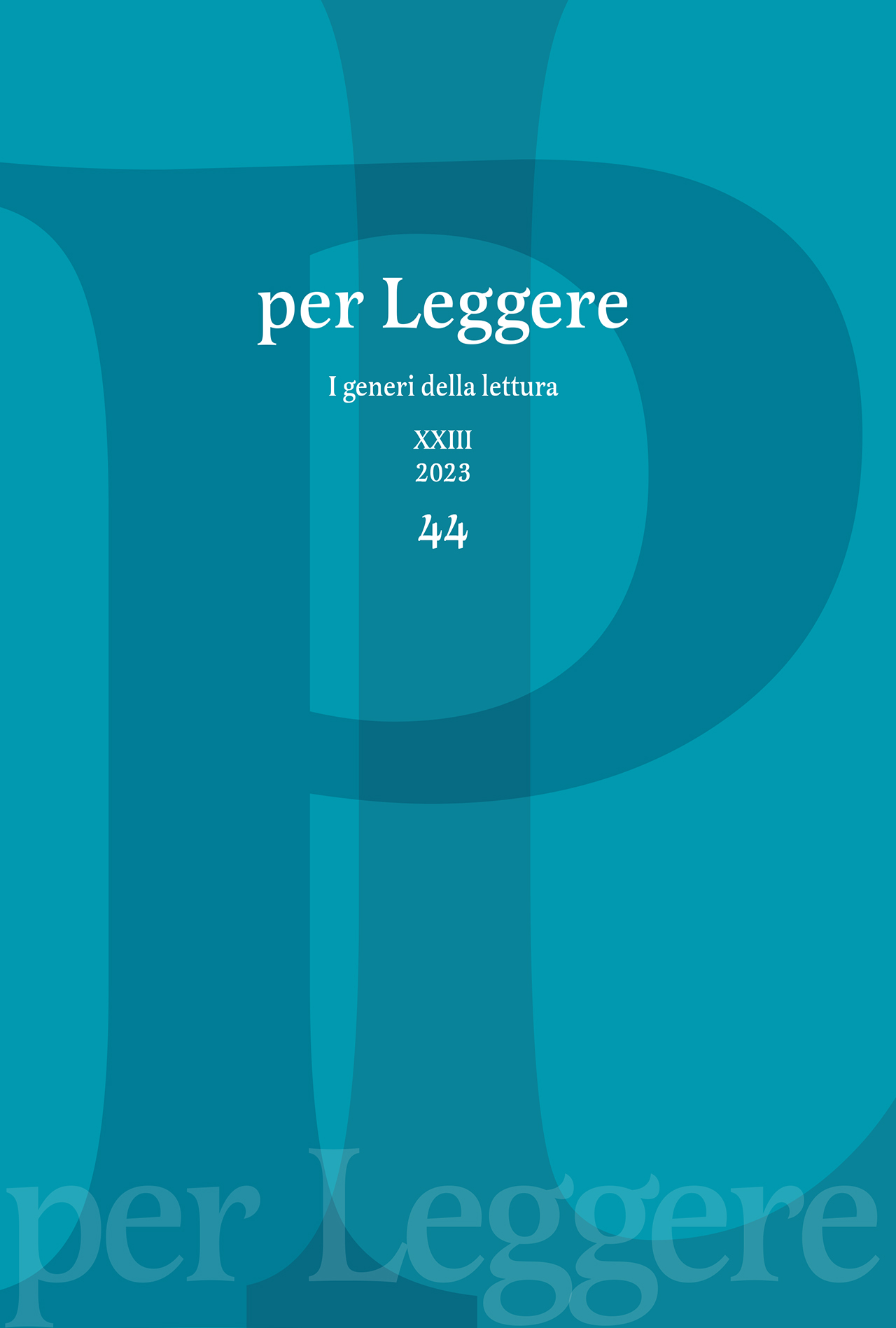A counter-current reading of Ariosto’s sonnet Come creder debbo io che Tu in ciel oda
DOI:
https://doi.org/10.7347/PLXXIII-442023-03Abstract
Ariosto’s sonnet XXIII presents itself as an unusual prayer to God, introduced by the anguished doubt that it does not deserve listening, given the absence of sincere repentance in the person praying, a slave to his own sense; however, aware of the need to redeem himself before death makes damnation inevitable, he does not give up asking for help, appealing to the pity that the Christian God feels for sinful man. Conditioned by negative (and unfounded) prejudices about Ariosto’s attention to spiritual themes, modern interpreters have increasingly distorted the message of the sonnet, until they found it reaffirmed, behind external contrition, a secular and earthly vision and an intimate rejection of salvation. Conversely, a rereading of its content, carried out in the light of its biblical and doctrinal foundations, demonstrates the seriousness and competence with which the author addresses delicate theological questions, in addition to the heartfelt drama with which he expertly articulates them.


